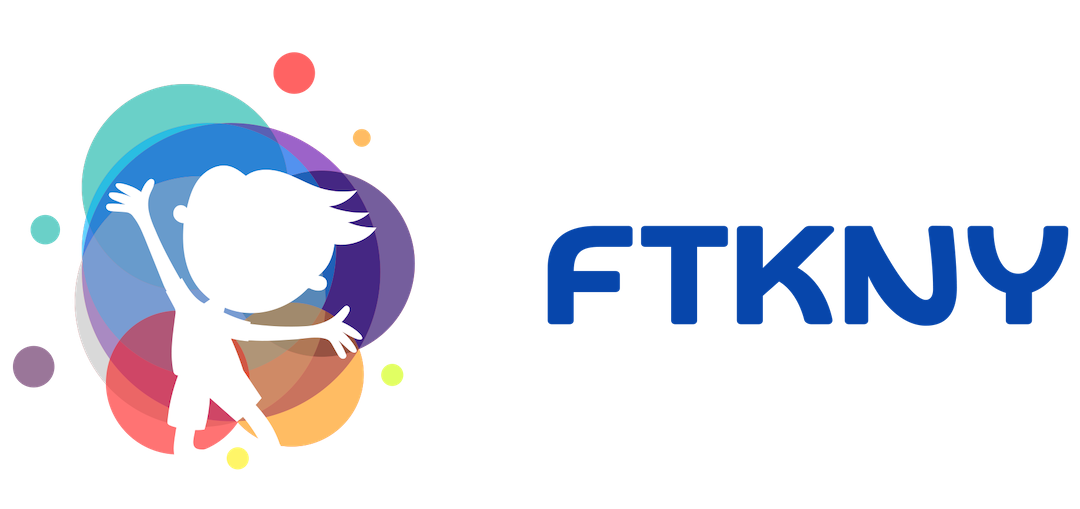
As the parent of a preschooler, you might expect all the core subject areas to get equal instruction time in the classroom. New research out of Michigan State University, however, reveals that reading, writing, and arithmetic are getting a lot more attention than science. More importantly, researchers have found the quality and quantity of science instruction in early education to be highly influenced by teachers’ confidence in their own science skills. As it turns out, the fear of teaching science inaccurately has been keeping some preschool teachers from engaging in it at all.
Inconsistent Instruction
It might seem natural that a lack of confidence could discourage a teacher from focusing on any area of study. That’s not how things are playing out. The clinical study of 67 Head Start instructors revealed that, even though teachers feel less confident about math than they do about science, anxiety doesn’t prevent them from tackling math. While 75% of the teachers polled used math activities in the classroom three to four times a week, only 42% offered science lessons that frequently. Good thing we have researchers who can scientifically analyze what’s going on here!
Systemically Shying Away from Science
The Michigan State study was interview-based, so it relied on self-reporting from the teachers polled. While that first-person perspective sheds some light on the shortage of science instruction in American preschools, it doesn’t paint a complete picture. Another factor likely at play is a 20-year focus on literacy education for early education teachers that has emphasized reading and writing above science and math. Since more than half of American students perform below a “proficient” level on the National Assessment of Education Progress in 4th grade, our young people clearly aren’t getting enough early science-related experiences.
A Missed Opportunity
Children are often referred to as natural scientists because of their tendency to seek out and integrate information. Despite this natural inclination, however, kids can’t develop the necessary knowledge and skills unless they receive sufficient science instruction and experiences. According to the National Center for Education Statistics, as of 2012, elementary teachers were devoting less than 13% of instructional time to teaching science, and preschool teachers were spending even less. Since science can be used to build skills in many other areas, skimping on it just doesn’t make sense.
Supplemental Science Instruction
This research reinforces the idea that parents can’t take science instruction for granted. No one has the luxury of assuming their kids are getting the exposure they need. When choosing a school and evaluating it throughout your child’s attendance, it’s vital to stay involved and ask plenty of questions. Don’t be afraid to take matters into your own hands. It’s hard to give kids too much exposure to science, and every little bit helps. Their young brains, after all, are primed for scientific thinking. If you want to leverage your child’s natural curiosity and inspire them to keep exploring, supplemental education can provide valuable opportunities and a creative outlet.
Supplemental Science at FasTracKids
FasTracKids provides supplemental science education that’s “cleverly designed as fun.” Our Science Enrichment Class, designed for children ages 6 to 8, takes advantage of children’s natural curiosity and investigative nature and inspires their minds to explore the world around them. Our STE(A)M Academy programs motivate students to further their education in Science, Technology, and Engineering at every age. The goal is to make learning exciting and to inspire children to discover the wonders of Science. Children work in collaborative groups, develop superb skills, and bring the enthusiasm and knowledge home with them so the learning continues.
